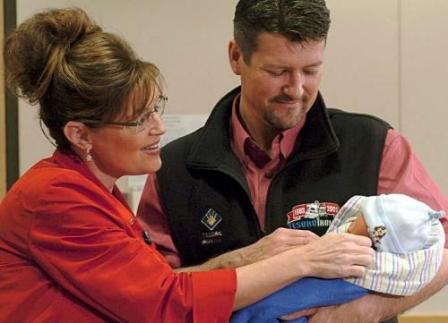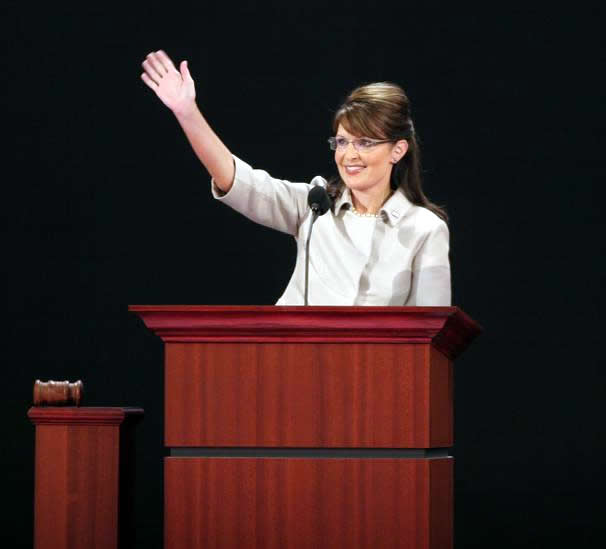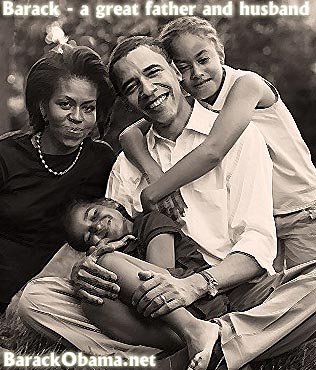From observing politics for the past few years, I came to the conclusion that there are no dramatic effects of gender or race unless a politician provokes such effects. Now, I do know that voters do tend to choose candidates according to who they can relate more towards, but I don’t think that such impact is so profound that it’ll change votes single handily.
 During the 2008 presidential election, I was surprised that gender had a much bigger impact on the election than I had initially thought. According to the New York Daily Times on May 2008, one of the six reasons Hillary wanted to be president was because of the “women in their 90s who had told her they were born before women could vote, and they wanted to live to see a woman in the White House”. When Hillary lost the Democratic nomination, McCain saw the opportunity to win over disgruntled Hillary supporters due to the emphasis that Hillary put on feminism in addition to Hillary’s slow and cautious backing of Obama. Surprising the world, McCain picked Palin to be his VP, an action which he would later regret. Palin made her central campaign theme focused on how she was just like any ordinary “hockey mom”. She fortified her campaign theme with subtle parts in her speeches such as calling herself a “Pitbull with lipstick” in addition to twisting her role as mom to be a qualification for being a VP. For example, during the VP debate, Palin continuously described her role as a mom when she stated:
During the 2008 presidential election, I was surprised that gender had a much bigger impact on the election than I had initially thought. According to the New York Daily Times on May 2008, one of the six reasons Hillary wanted to be president was because of the “women in their 90s who had told her they were born before women could vote, and they wanted to live to see a woman in the White House”. When Hillary lost the Democratic nomination, McCain saw the opportunity to win over disgruntled Hillary supporters due to the emphasis that Hillary put on feminism in addition to Hillary’s slow and cautious backing of Obama. Surprising the world, McCain picked Palin to be his VP, an action which he would later regret. Palin made her central campaign theme focused on how she was just like any ordinary “hockey mom”. She fortified her campaign theme with subtle parts in her speeches such as calling herself a “Pitbull with lipstick” in addition to twisting her role as mom to be a qualification for being a VP. For example, during the VP debate, Palin continuously described her role as a mom when she stated:
But it wasn't just that experience tapped into, it was my connection to the heartland of America. Being a mom, one very concerned about a son in the war, about a special needs child, about kids heading off to college, how are we going to pay those tuition bills?
The full VP debate transcript can be found here.
Unfortunately for Palin, her choice of using the theme of being a mom also had a disadvantage. Because Palin thought that being a mom was something worthy of being in the spotlight, the media naturally also focused on her theme of being a mom. So in today’s society, what does the normal “hockey moms” do? They take care of their kids, do daily household chores, and go to PTA events. All of which were topics that the media focused on. Many complained such treatment was sexist, but then again it was Palin’s own choice. She could have ran on her executive experience as governor, but instead she chose to run on being the first women to the white house.

I have also come to notice that just like gender, race doesn’t affect politics unless the politician makes race a key factor. For example, when Governor Blagojevich controversially appointed Burris to take Obama’s seat, many senators (including the democrats) initially objected to his appointment and wanted to block him from the senate. However, Senator Burris defended his appointment with a variety of reasons. One of the reasons, according to his good friend Representative Bobby Rush of Illinois, was because Burris is black! During the last few minutes of the press conference Gov. Blagojevich held regarding Burris’ appointment, Rep. Rush stated:
Let me just remind you that there presently is no African- American in the U.S. Senate. Let me remind you that the state of Illinois and the people in the state of Illinois and their collective wisdom, have sent two African-Americans to the U.S. Senate. That makes a difference. This is just not a state of Illinois matter, although it’s (INAUDIBLE) to appoint and (INAUDIBLE) — which is in the state of Illinois, but it (INAUDIBLE) — it has tremendous national importance — national importance. We need to have not just one African-American in the U.S. Senate. We need to have many African-Americans in the U.S. Senate.
So I applaud the governor for his decision. And I will ask you to not hang and lynch the appointee as you try to castigate the appointer. Separate, if you will, the appointee from the appointed. Ronald Burris is worthy. He is the only one, I believe, that could stand in the gap (INAUDIBLE) time, and gather the confidence — reestablish the confidence of the people of the state of Illinois.
(…….)
This is a matter of national importance. There are no African- Americans in the Senate, and I don’t think that anyone — any U.S. senator, who’s sitting in the Senate, right now, wants to go on record to deny one African-American for being seated in the U.S. Senate. I don’t think they want to go on record doing that. And so, I intend to take that argument to the Congressional Black Caucus.
The full transcript of the press conference is here.
Currently, there is heavy speculation that because Burris played the race card, many senators were afraid to block Burris’ appointment since the senators were afraid that they would be labeled as racist. Burris’ strategic usage of race heavily differed from Obama’s position with using race in his campaign. Surprisingly, Obama never mentioned race and gender in his campaign despite being the first African American presidential nominee. Even when issues about Obama’s race were brought up by his opponents, he brushed off the accusation and focused on the main issues campaign issues. Obama’s decision to never use race or gender in his campaign just shows how a politician is able to control whether or not race or gender will be an issue.












